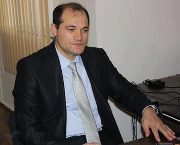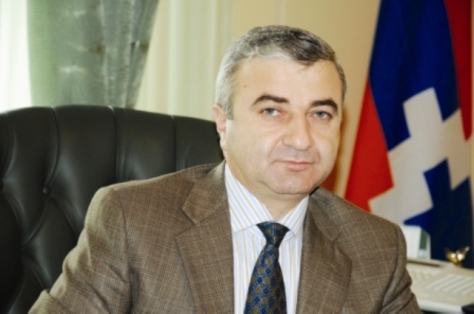Elections featured prominently in the discussions held by the President of the European Council, Herman Van Rompuy, in the course of his high profile visit to the region during which he met the President of the three South Caucasus countries, as well as civil society and political party representatives. Recognising the progress made by Armenia in the conduct of its recent Parliamentary elections, van Rompuy addressed a special session of the Armenian Parliament.
CEW Victoria Arnold sums up the visit of the President of the European Council to Armenia, Azerbaijan and Georgia. More…



